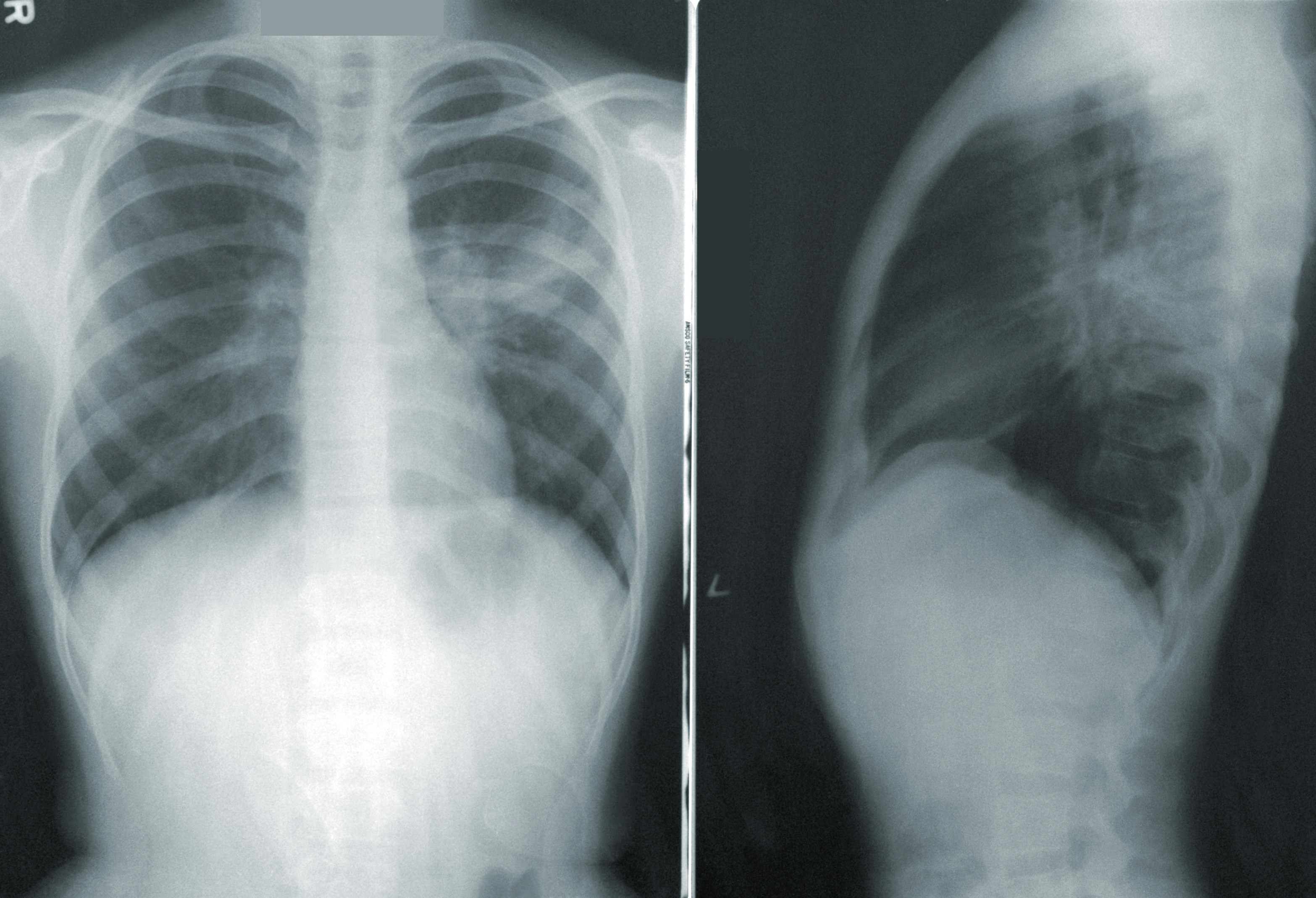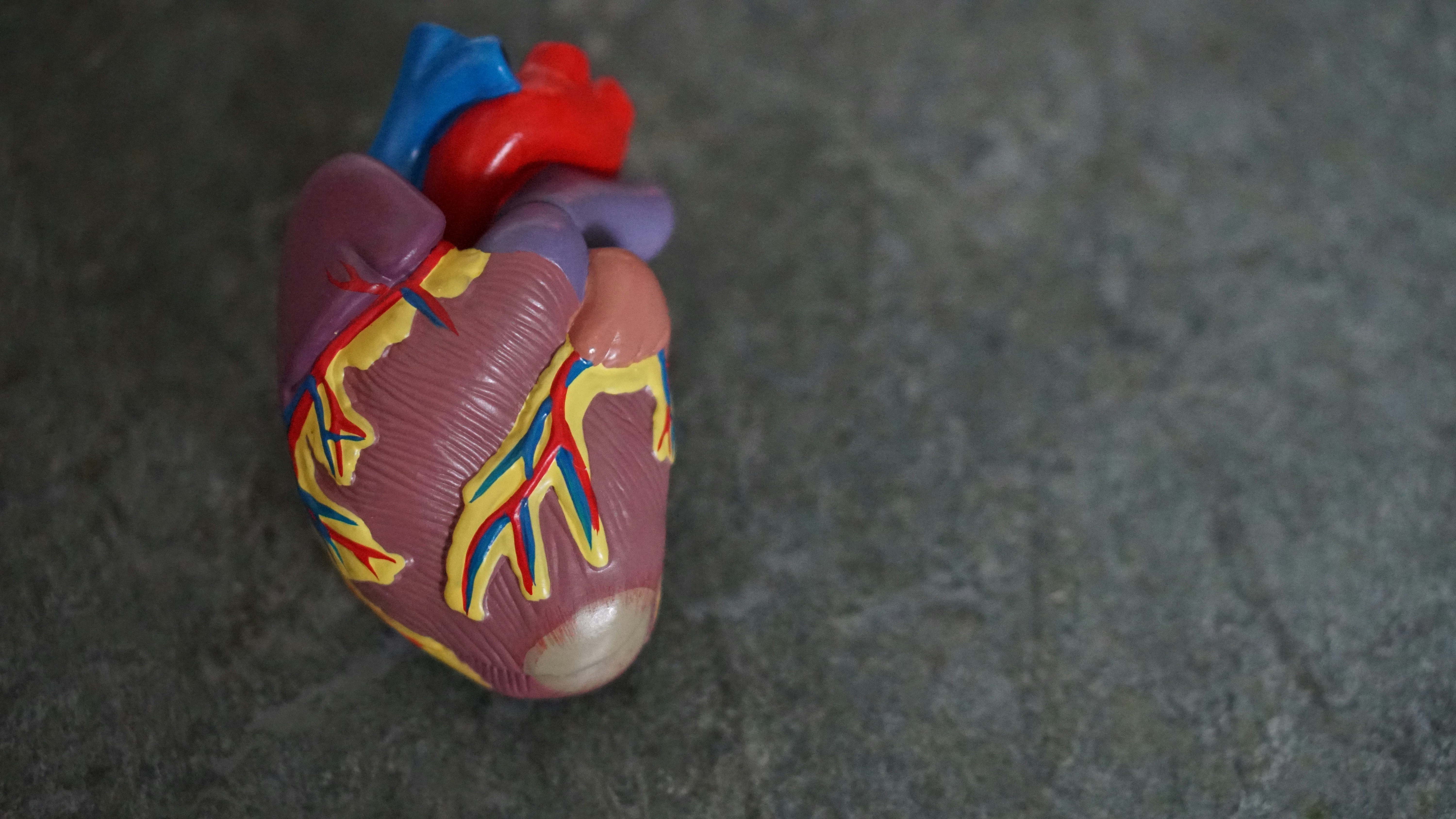Myocarditis affects 1.5 million people worldwide each year or 10 to 20 cases per 100,000 persons, according to a 2020 study. Myocarditis is usually caused by a viral infection with severe cases weakening the heart. This can eventually lead to heart failure, abnormal heartbeat, and sudden death. But what exactly is myocarditis and how is it treated?
What is myocarditis?

Mayo Clinic defines myocarditis as an inflammation of the myocardium, otherwise referred to as the heart muscle. The disease affects the heart muscle, consequently making it difficult for the heart to perform its normal function of pumping blood. Among other complications, it can result in a fast, or irregular heartbeat; this is called an arrhythmia. Myocarditis often occurs as a result of a viral infection, but negative reactions to medication can also cause this condition. Common symptoms to look out for include shortness of breath, chest pain, fatigue, and arrhythmia. The main cause of myocarditis is still unknown but common causes include bacteria, parasites, fungi, and viruses.
How is myocarditis diagnosed?

According to myocarditis research conducted by the Myocarditis Foundation, a majority of myocarditis cases have no symptoms. When a patient does develop symptoms, some common tests may include:
- A chest x-ray — This provides a film image of the patient’s lungs and heart through which the medical practitioner can determine the shape of the patient’s heart.
- Cardiac magnetic resonance imaging (MRI) — This scan uses radio waves to create images of the patient’s heart.
- A heart biopsy — This involves gathering specimens of the heart tissue to allow the medical practitioner to further observe the sample.
- An echocardiogram — This scan uses soundwaves to create an image of the patient’s heart and is able to gauge the patient’s blood flow.
Treatment options for myocarditis.

In mild cases, symptoms of myocarditis often improve on their own. In this case, your doctor may advise that you refrain from strenuous physical activity. However, in severe cases where symptoms of the disease include arrhythmia and heart failure, treatment is often geared towards fixing these overt symptoms. In this case, your doctor may prescribe medication to reduce blood clot formation. Other forms of medication include:
- Angiotensin-converting enzyme (ACE) inhibitors — These medications facilitate blood flow by relaxing the heart’s blood vessels.
- Angiotensin II receptor blockers (ARBs) — These also facilitate blood flow by relaxing the heart’s blood vessels.
- Beta-blockers —These treat heart failure and manage arrhythmias.
- Diuretics — These relieve fluid retention.
- Ventricular assist devices — These mechanical pumps help pump blood to the lower chambers of the heart and from there on to the rest of the body. This is helpful in patients who have suffered from heart failure. It can be a good form of treatment while such patients await successive treatments such as a heart transplant.
If you need help having your prescription and other medical supplies delivered, Homecare Pharmacy is here to help. If you are in the Simi Valley area, they are the only pharmacy that can help you order these large medical supplies, bill Medicare on your behalf, and have these supplies delivered right to your doorstep. They carry a variety of medical equipment that may be hard to find in other pharmacies. If you need help with paying for medical supplies, refilling a prescription, or transferring your prescription, call their hotline or fill out their online inquiry form and someone from their team will get back to you.
According to the American Heart Association (AHA), alcohol, when consumed in small amounts may be helpful in maintaining a healthy heart. This is because alcohol acts as a blood thinner and can therefore help in decreasing blood clots. Additionally, alcohol may also help maintain healthy levels of cholesterol. Conversely, excessive consumption of alcohol may eventually cause the individual to develop symptoms of chronic heart conditions such as cardiomyopathy. Cardiomyopathy affects the heart muscle, making it difficult to pump blood to the rest of the body. This can later result in heart failure. Knowing this, try and limit your trips to the liquor store, because, like everything else in life, alcohol is best taken in moderation.



